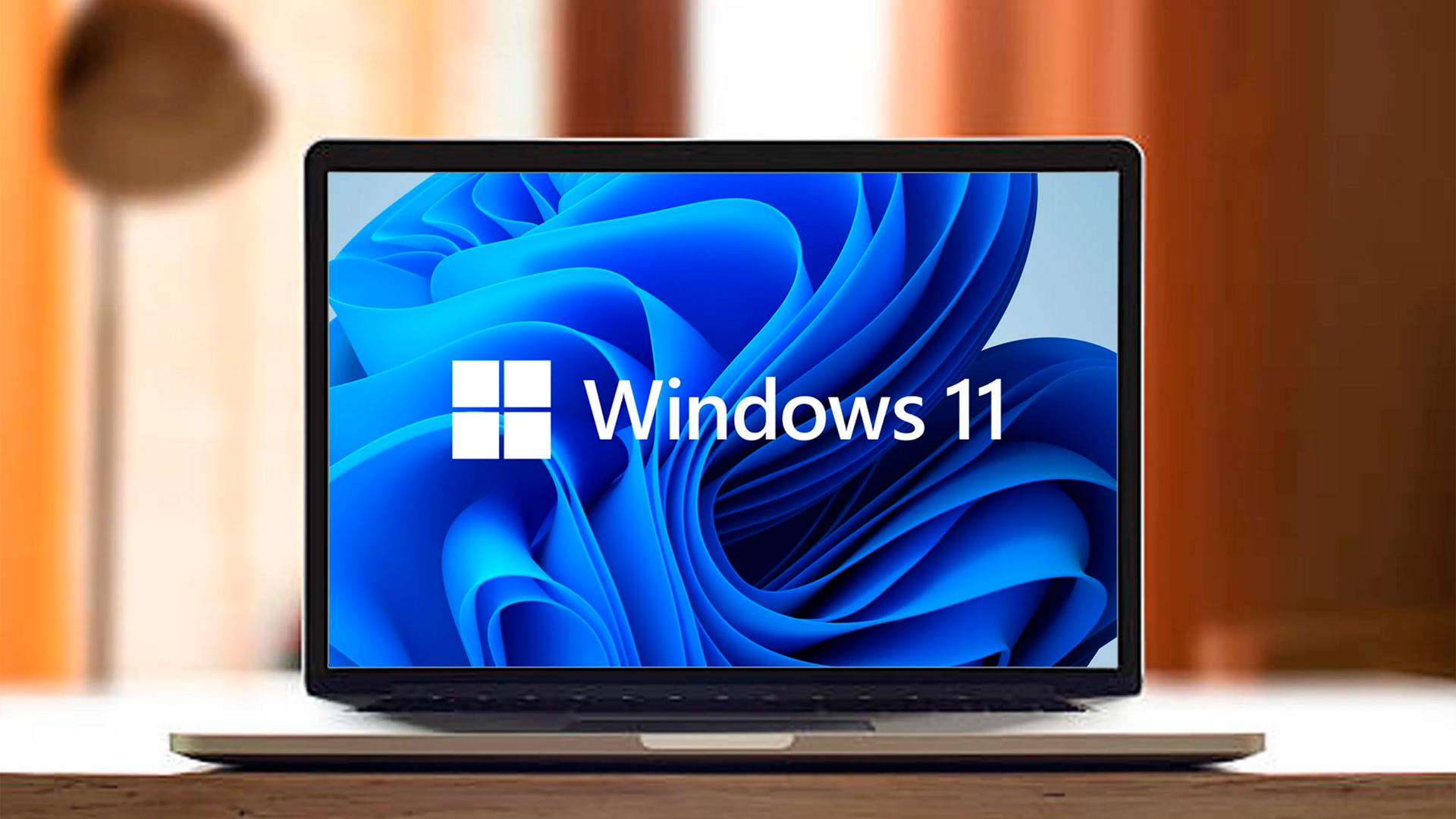
By 2030, Windows PCs could see, hear, and talk: Microsoft
What's the story
Microsoft's Corporate VP for OS Security, David Weston, has shared his vision of a future where Windows will be more than just an operating system. In a recent YouTube video, Weston predicted that by 2030, Windows would have capabilities similar to those of 'Jarvis' from Iron Man or 'Samantha' from Her. He envisions a multi-modal interaction with computers where they can 'see' and 'hear' like humans.
Evolution
The end of traditional computing interactions
Weston thinks that the traditional ways of interacting with computers, like clicking and typing, could soon be outdated. He said, "The world of mousing around and typing will feel as alien as it does to Gen-Z to use MS-DOS." This evolution is already underway with Microsoft's Copilot AI and real-time productivity tools. These innovations are early steps toward an OS that doesn't just respond but also reasons, learns, and collaborates.
Future tech
AI agents as cybersecurity analysts
Weston also predicts that in the next five years, businesses could hire AI agents as their cybersecurity analysts. He said, "In 5 years, I strongly believe you'll be able to hire a security expert, but actually under the hood, it's an AI agent." This would mean interacting with these bots on platforms like Microsoft Teams and assigning them tasks via emails.
Work transformation
The dark side of AI advancements
Weston also emphasized how AI could take over repetitive administrative tasks, allowing humans to focus on creativity, decision-making, and connection. However, he also warned about the cybersecurity risks that come with advanced technology. As quantum computing becomes more mainstream, Weston believes digital security risks will increase dramatically. He said, "We know that it will change the security landscape dramatically."
Security measures
Preparing for the quantum storm
To counter these potential threats, Microsoft is planning to introduce post-quantum or quantum-safe encryption into Windows. The details of Windows 12 are still a mystery, but Weston's insights suggest that the future of Microsoft's operating system will be heavily influenced by AI. Whether it's Copilot integrations, real-time agents, or multimodal interactions, Windows is being reimagined as a co-pilot rather than just a toolbox.